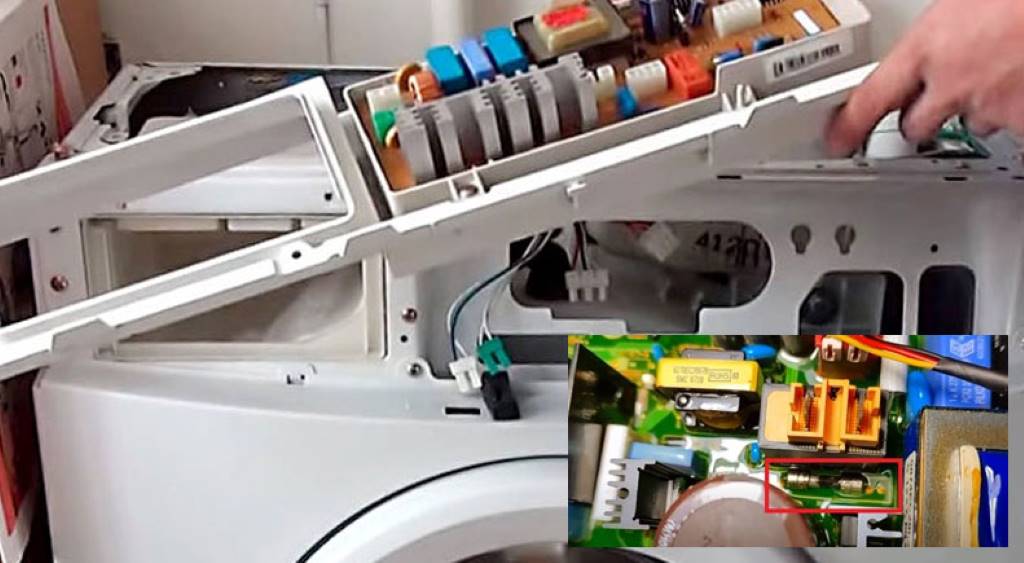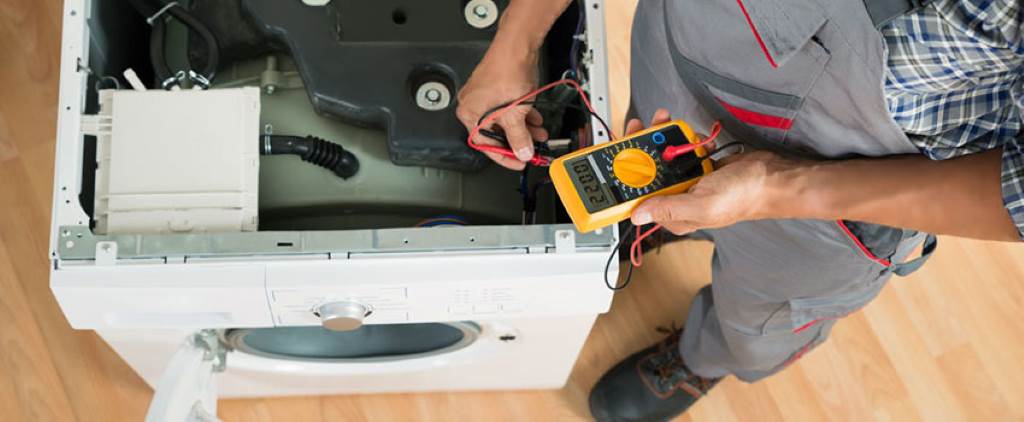A fridge freezer tripping the circuit breaker can be a frustrating issue, disrupting your kitchen routine and potentially risking food spoilage. This problem often signals an underlying electrical or mechanical fault that requires prompt attention. Whether it’s a new appliance from a trusted brand like First Grade Appliances or an older model, understanding the root cause is key to resolving the issue safely and effectively. This comprehensive guide explores common reasons why your fridge freezer trips the circuit breaker, offers practical troubleshooting steps, and provides preventive tips to keep your appliance running smoothly.
Understanding Why Your Fridge Freezer Trips the Circuit Breaker
Circuit breakers are safety devices designed to protect your home’s electrical system by cutting power when they detect an overload, short circuit, or ground fault. When your fridge freezer trips the breaker, it’s typically due to excessive electrical demand or a fault within the appliance. For instance, a common issue is when the refrigerator compressor starts and stops immediately, which can strain the electrical system and trigger the breaker. This could stem from a faulty compressor, capacitor, or wiring issue, each requiring specific attention. Additionally, external factors like a shared circuit or power surges can contribute to the problem. Identifying the cause is the first step toward a solution.
Common Causes of a Fridge Freezer Tripping the Circuit Breaker
Several factors can cause your fridge freezer to trip the circuit breaker. Here are the most common culprits:
- Overloaded Circuit: If your fridge shares a circuit with other high-power appliances, the combined load may exceed the breaker’s capacity.
- Faulty Compressor: The compressor, which regulates cooling, can draw excessive current if it’s malfunctioning, leading to breaker trips.
- Defective Start Capacitor: A failing capacitor can cause the compressor to struggle, pulling too much power and tripping the breaker.
- Short Circuit: Damaged wiring or components within the fridge can create a short circuit, triggering the breaker for safety.
- Ground Fault: A ground fault occurs when electrical current leaks to the appliance’s metal frame, often due to worn insulation.
- Power Surges: Sudden spikes in voltage, often from lightning or utility issues, can overwhelm the appliance and breaker.
Understanding these causes helps pinpoint whether the issue lies with the appliance or your home’s electrical setup.
Step-by-Step Troubleshooting Guide

Before calling a professional, try these troubleshooting steps to identify and possibly resolve the issue. Always prioritize safety by unplugging the appliance or turning off the breaker before inspecting.
1. Check the Circuit Load
First, determine if the fridge is on a shared circuit. Plug the fridge into a dedicated outlet, ideally one with a 15-20 amp breaker, as recommended by the U.S. Consumer Product Safety Commission. If the breaker still trips, the issue likely lies within the appliance. However, if the fridge operates normally on a different circuit, consider consulting an electrician to install a dedicated circuit for the fridge.
2. Inspect the Power Cord and Outlet
Examine the fridge’s power cord for fraying, cuts, or exposed wires. A damaged cord can cause short circuits or ground faults. Similarly, check the outlet for burn marks or loose connections. If either appears damaged, replace the cord or have an electrician repair the outlet. Using a surge protector can also help mitigate power surges, though it won’t address internal appliance issues.
3. Test the Compressor and Capacitor
A common issue, such as when the refrigerator compressor starts and stops immediately, often points to a faulty compressor or start capacitor. Listen for a clicking sound near the compressor (usually at the back or bottom of the fridge). This indicates the compressor is attempting to start but failing. Testing these components requires a multimeter to check for continuity and proper voltage. If you’re not comfortable with electrical testing, contact a certified technician, as mishandling can be dangerous.
4. Reset the Circuit Breaker
Sometimes, a one-time trip can occur due to a temporary power surge. To reset the breaker, locate your electrical panel, find the tripped breaker (usually in the “off” position or midway), and switch it fully off, then back on. Plug the fridge back in and monitor if it trips again. If it does, further investigation is needed.
5. Monitor for Frequent Tripping
If the breaker trips repeatedly, note the timing. Does it happen when the compressor starts, or is it random? Frequent tripping suggests a serious issue, such as a short circuit or ground fault within the appliance. In this case, unplug the fridge and seek professional help to avoid electrical hazards.
When to Call a Professional
While some issues can be resolved with basic troubleshooting, certain problems require expert intervention. For example, if you suspect a faulty compressor, capacitor, or internal wiring, a licensed appliance technician should handle the repair. Additionally, if the breaker trips even on a dedicated circuit, an electrician may need to assess your home’s electrical system. According to Energy Star, addressing appliance issues promptly can prevent energy waste and extend the lifespan of your fridge freezer.
Preventive Tips to Avoid Future Breaker Trips
To minimize the risk of your fridge freezer tripping the circuit breaker, consider these preventive measures:
- Use a Dedicated Circuit: Ensure your fridge is on a dedicated 15-20 amp circuit to avoid overloads.
- Regular Maintenance: Clean the condenser coils every six months to prevent the compressor from overworking.
- Check Wiring Periodically: Inspect the power cord and outlet for wear and tear, replacing them as needed.
- Invest in a Surge Protector: A high-quality surge protector can shield your fridge from voltage spikes.
- Schedule Professional Inspections: Annual checkups by a technician can catch potential issues early.
By implementing these practices, you can reduce the likelihood of electrical issues and maintain optimal appliance performance.
Read Also:
Getting that Fridge Freezer into order.
FAQs
Why does my fridge freezer trip the breaker only sometimes?
Intermittent tripping could be due to a failing component, like the start capacitor or compressor, which struggles under specific conditions. Power surges or a shared circuit may also cause sporadic trips. Monitor when it happens and consult a technician if it persists.
Can a power surge cause my fridge to trip the breaker?
Yes, power surges from lightning or utility fluctuations can overload the circuit, causing the breaker to trip. Using a surge protector can help, but internal appliance issues should also be ruled out.
Is it safe to keep resetting the breaker if my fridge trips it?
Repeatedly resetting the breaker without addressing the root cause can be unsafe, potentially leading to electrical fires or appliance damage. If the breaker trips multiple times, unplug the fridge and seek professional help.
How do I know if my fridge’s compressor is faulty?
A faulty compressor may cause a clicking sound, overheating, or the refrigerator compressor starts and stops immediately. A technician can test the compressor with a multimeter to confirm the issue.
Can I fix a tripping fridge freezer myself?
Basic troubleshooting, like checking the cord or outlet, is safe for most homeowners. However, internal repairs, such as fixing a compressor or capacitor, require professional expertise due to electrical risks.
Conclusion
A fridge freezer tripping the circuit breaker is a common but manageable issue when approached systematically. By understanding the causes—such as an overloaded circuit, faulty compressor, or power surges—you can take informed steps to troubleshoot and resolve the problem. Simple actions like checking the power cord, ensuring a dedicated circuit, or resetting the breaker can often fix minor issues. However, persistent tripping or complex problems like a malfunctioning compressor require professional attention to ensure safety and prevent further damage. With regular maintenance and preventive measures, you can keep your fridge running efficiently and avoid future disruptions, ensuring your kitchen stays functional and your food stays fresh.
